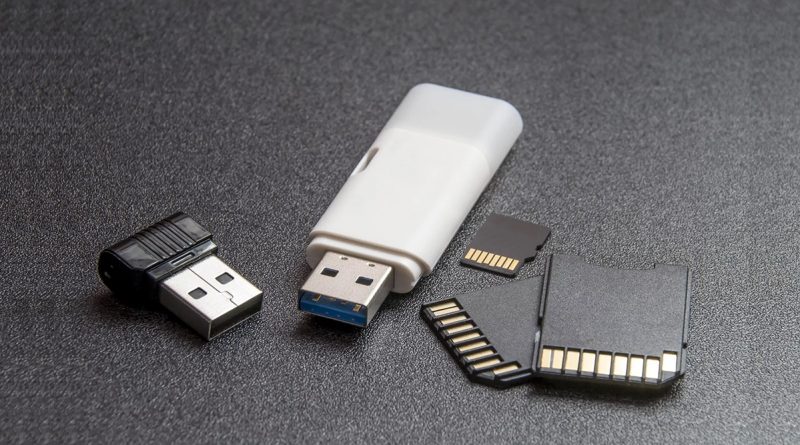USB Flash Drive Compliant With HIPAA
The US government began regulating the healthcare sector in 1996 with the passage of the Health Insurance Portability and Accountability Act. It was a significant step to modernize the flow of healthcare information. Meanwhile, it also reviews the handling of personally identifiable information between healthcare providers and their clients.
By law, one must keep a patient’s PHI or protected health information in a safe and secure location. It doesn’t matter whether it’s online or offline. People may request their information in either soft or hard copy. And in this case, the healthcare practitioner is under an obligation to make an effort to comply with the person’s request.
What USB flash drive is compliant with HIPAA?
The Nexcopy Secure Disk is a HIPAA-compliant flash drive. It enables healthcare providers option of provide a secure USB flash drive with their clients’ Protected Health Information.
This Secure Disk technology helps store patient data in a secret digital partition. Moreover, the best thing about it is that one can only access it with a user-defined password. When linked to a computer, the secret partition is entirely concealed and inaccessible to anyone. So, the secret partition won’t activate unless you enter the right password. And only after putting in the right password, you will see the digital health records.
How does it work?
The USB hardware chipset, housed on the USB stick itself, is in charge of managing the Secure Disk’s concealed partition. One thing that you need to know is that the security solution is not software but hardware. It provides the maximum level of security that a technological device can provide as a security solution.
The need and components
It became a need to securely maintain patient medical data when healthcare providers started using more electronic records and other technology to store and track patient information. As a result, the federal government also responded. It passed legislation to establish these protections. This legislation led to the creation of the Health Insurance Portability and Accountability Act (HIPAA). On the other hand, Nexcopy looked into available offline storage options. However, it was unable to find a straightforward, low-tech, and user-friendly method of securely storing this data. Then, it created the Secure Disk technology with these three factors in mind. The three components are as follows:
- Simple: The device follows secure technology.
- Low Tech: One can use the product without the need to register a user account or use cloud storage. This is a stand-alone, offline solution.
- User-Friendly: Since Nexcopy is aware that non-technical users use the software, the login process is incredibly simple and straightforward to use.
For private medical documents, the HIPAA-compliant USB flash drive offers an unequaled level of security. Moreover, Microsoft Windows (Win 7+) is compatible with the Secure Disk flash device. Meanwhile, Apple and Linux systems are not supported (in development) currently.
When you disconnect the USB from the computer, it automatically enables the hidden partition. Therefore, it is impossible for a user to mistakenly keep the secret partition open and accessible. Meanwhile, as an alternative, while the device is still connected to the host computer, the user may log out of the Secure Disk.
Why is HIPAA compliance vital for a healthcare provider?
The healthcare entity may face severe consequences for failing to comply with HIPAA laws. These include fines and the loss of government funding. Therefore, these organizations should always maintain HIPAA compliance to avoid penalties. The method by which covered entities must safeguard and protect a patient’s protected health information is what we call HIPAA compliance.
The majority of breaches are the result of organizational staff members’ negligence. So, reducing the possibility that that person will commit basic mistakes would be the aim. The firm reduces exposure to things like cyberattacks, data breaches, and accidentally sharing PHI information insecurely by mandating staff to use a Secure Disk for shared patient information.
Takeaway
In order to guarantee the security and privacy of a patient’s protected health information, HIPAA was developed. So, using Nexcopy’s HIPAA-compliant USB flash drive helps to limit risks and exposure. For storing Protected Health Information securely and offline, Nexcopy appears to have the best offering on the market.




